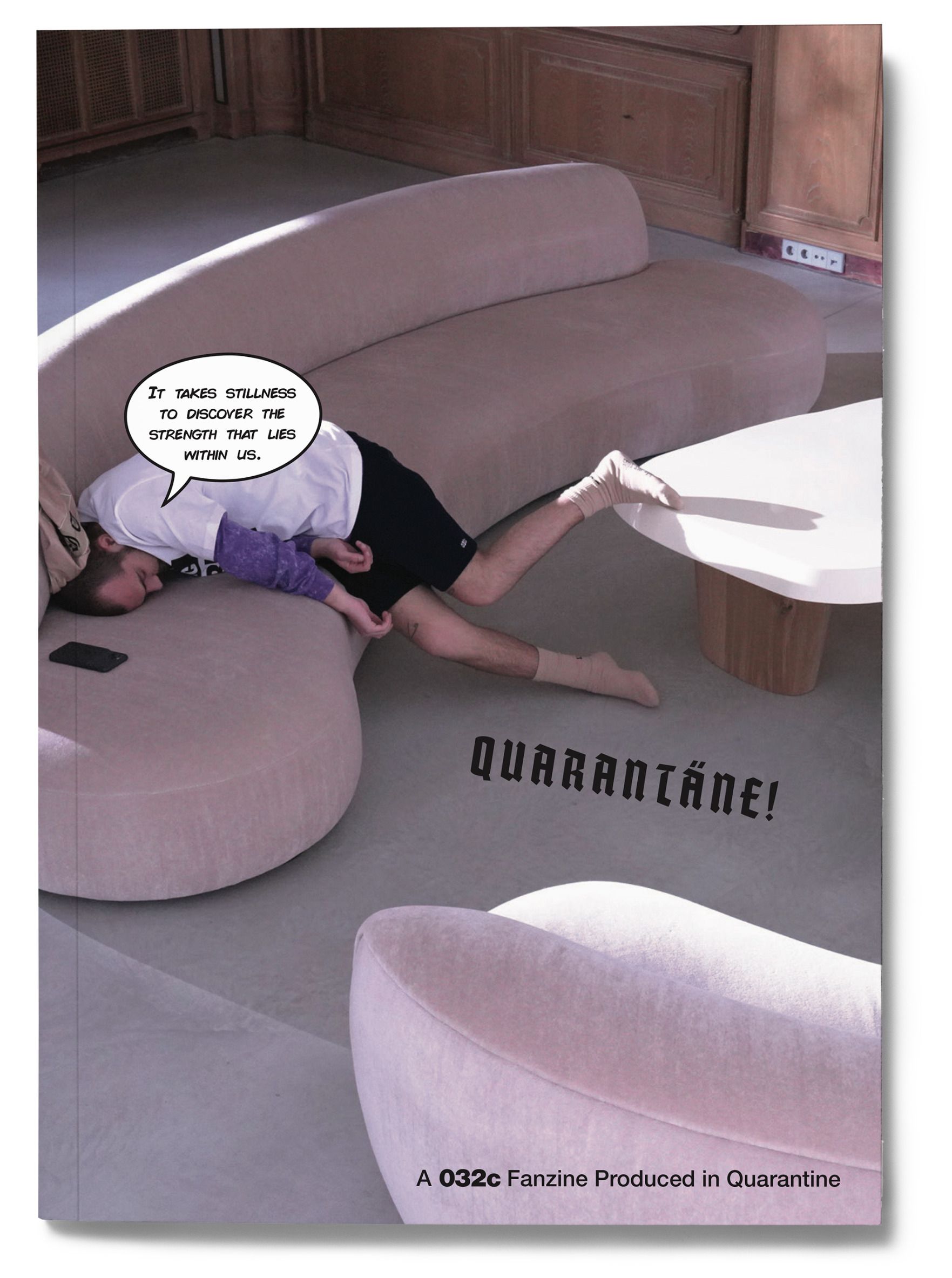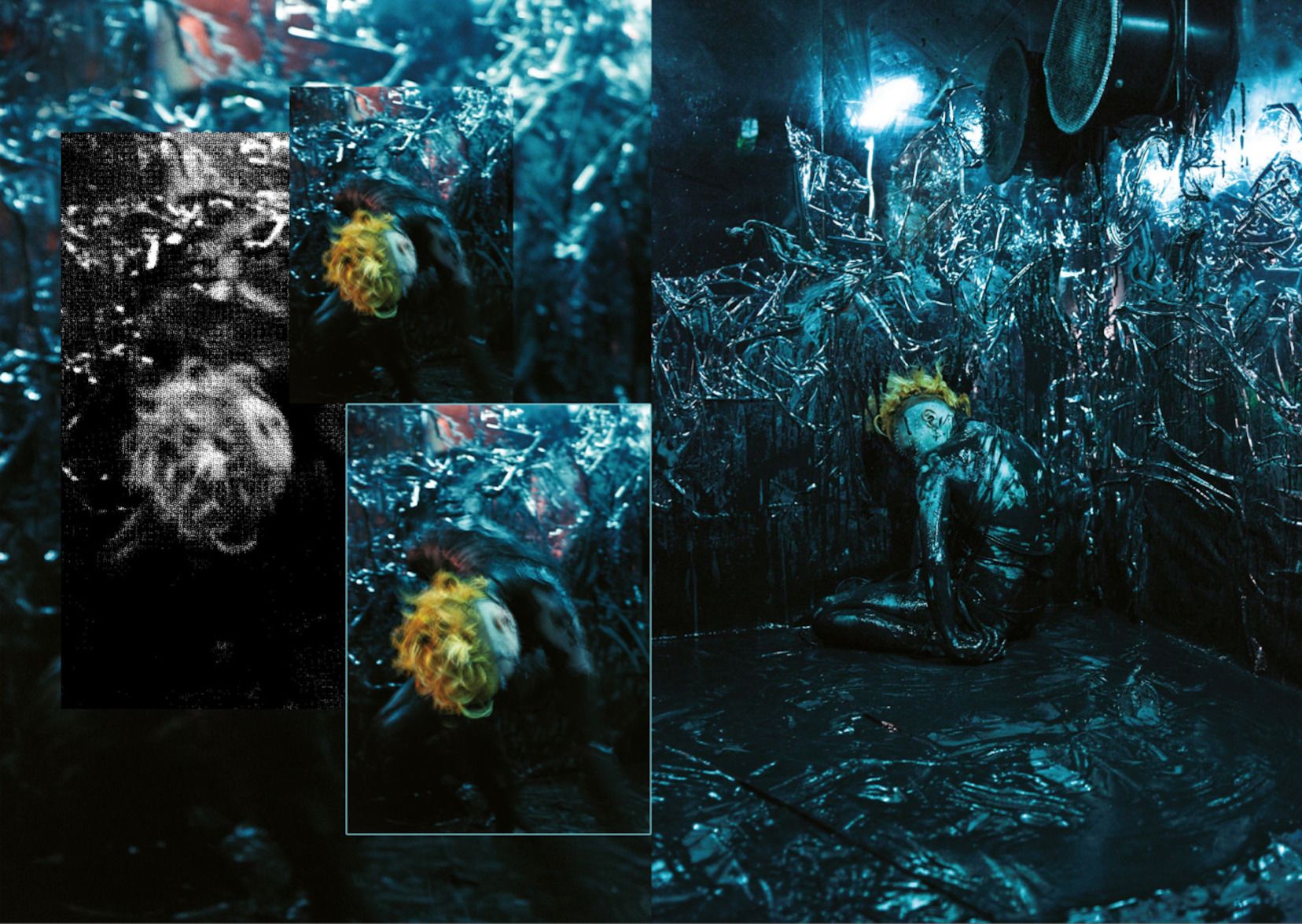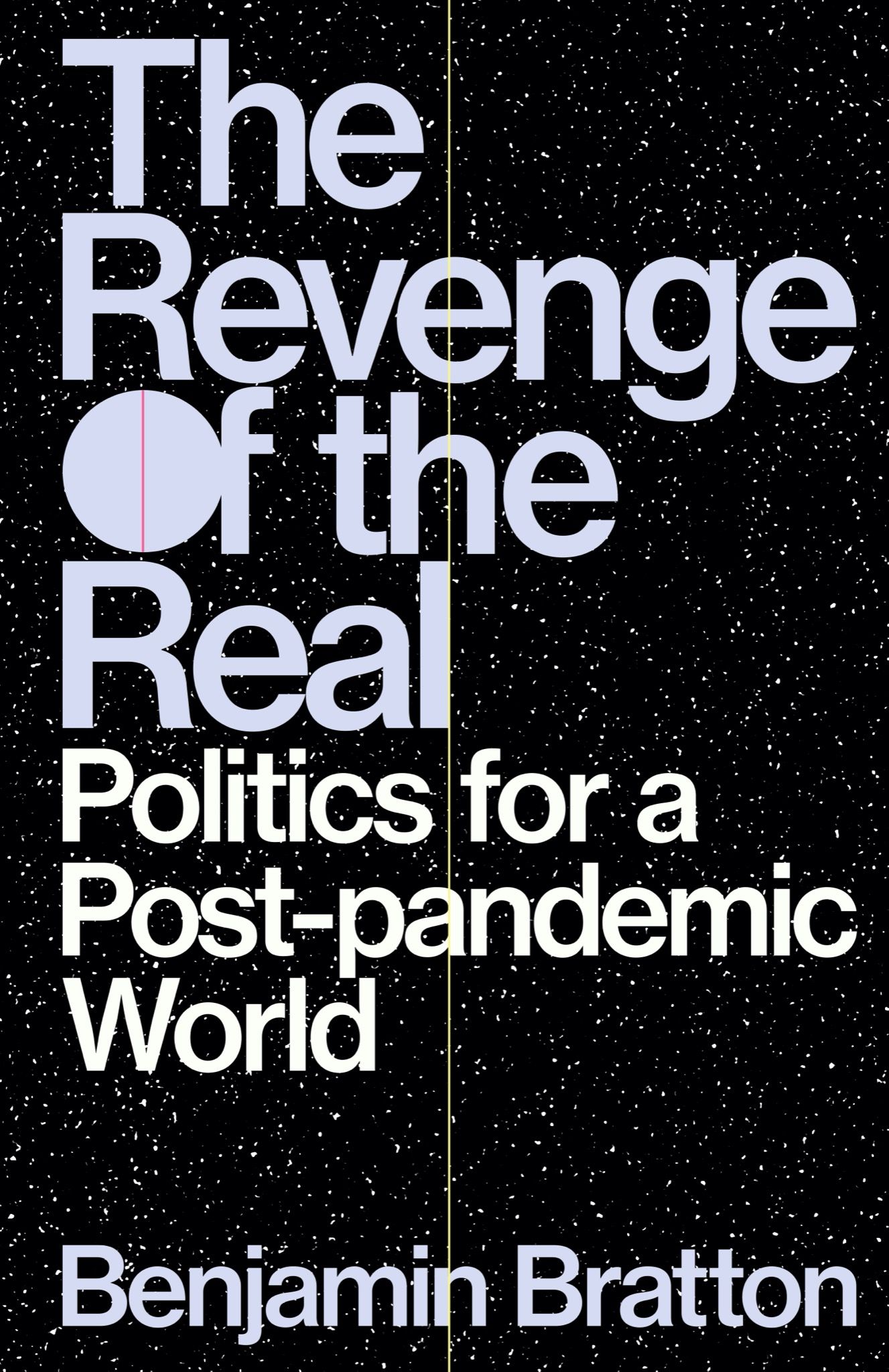The Nihilist Smiled: Philosopher NOLEN GERTZ on Nihilism Right This Moment
Mention “nihilism” and most people think of Nietzsche and Dostoevsky. I think of Nolen Gertz. I’ve been following him for a number of years on Twitter (@ethicistforhire) and he always satiates when I seek meaningful bites on the seemingly meaningless political, social, and economic existences so many parts of the world are experiencing today. Gertz is an assistant professor of applied philosophy at the University of Twente in the Netherlands and has written two books about nihilism: Nihilism and Technology (2018) and Nihilism (2019). To preface our conversation, which took place roughly a month after those willing and able around the globe began to #StayHome, a topical recent tweet from him to structure your day in isolation:
“Quarantine Routine:
Morning: Social Distancing
Midday: Mental Distancing
Afternoon: Spiritual Distancing
Evening: Corporeal Distancing
Night: Existential Distancing”
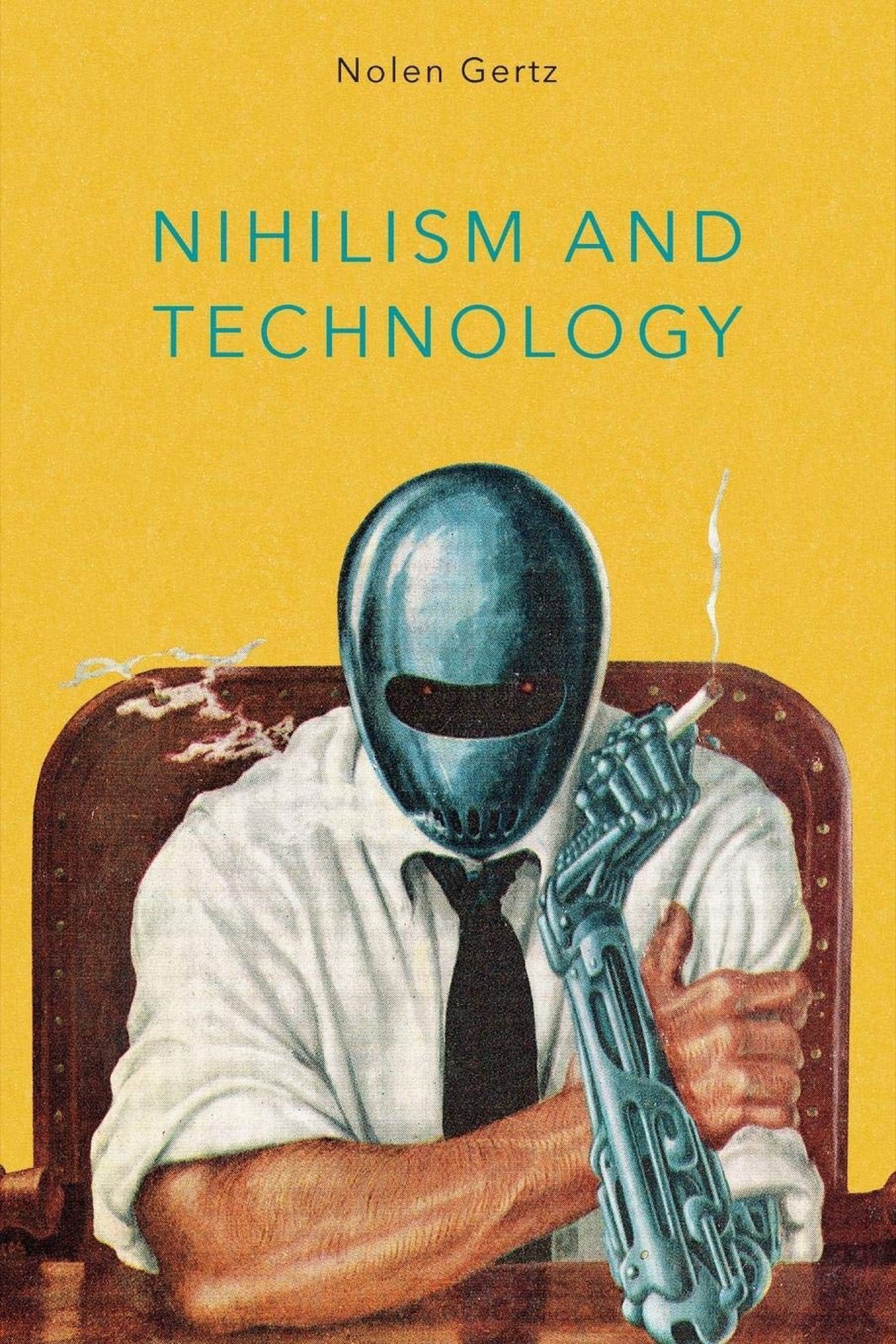
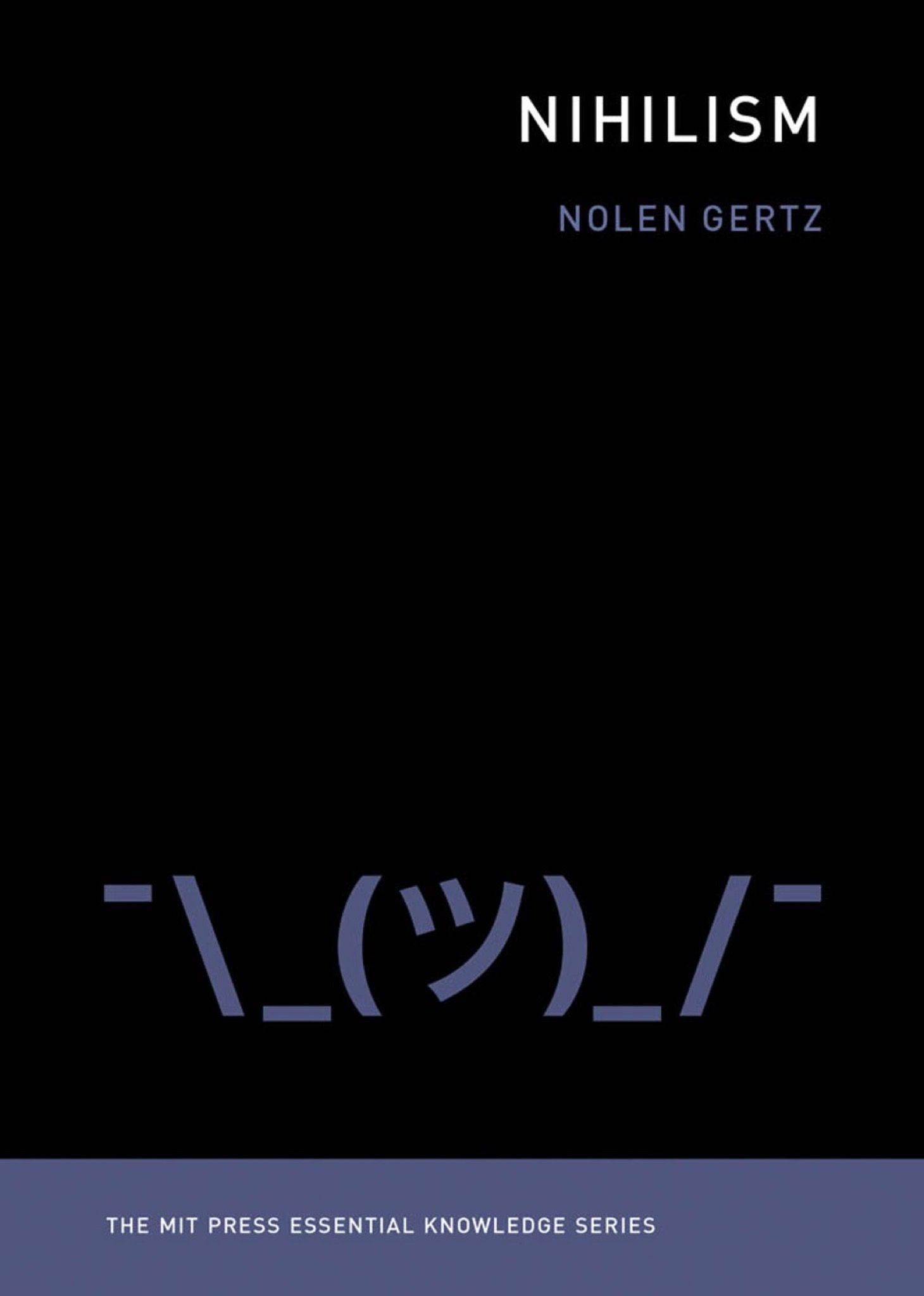
Wes del Val: What’s it like being a long-time proponent and historian of nihilism at a moment when so many people are seeing the everyday comforts and patterns of their lives radically altered, into unpleasant realities they’d never have imagined they’d have to confront?
Nolan Gertz: The current coronavirus crisis certainly reveals how important it is to understand nihilism and to recognize its pervasiveness. If we understand nihilism as a way to evade reality then we can see nihilism as contributing both to the cause of the crisis and to the way people are responding to the crisis. In China, the United States, the United Kingdom, Brazil, and elsewhere across the globe we can find both governments and citizens who responded to the initial reports about the coronavirus in a nihilistic manner. The response to the coronavirus has in many ways paralleled the everyday response to death: as something that we need not really worry about, since right now it only happens to other people, and would only happen to us when we were old enough to actually need to worry about it. And just as we assign others to be concerned about death for us (e.g., military professionals) while we distract ourselves, we now assign others to be concerned about the coronavirus for us (e.g., medical professionals) while we distract ourselves.
What’s the mood like regarding who you follow and engage with on Twitter? I feel that nihilists could be reacting to this all quite differently than mainstream press and the masses who consume it.
I follow a wide variety of people on Twitter, so I see a wide variety of responses to the coronavirus. There are those who, like Cassandra in Homer’s Iliad, have been trying to raise alarm about the coronavirus for months and now spend their days lamenting how much time was wasted. There are those who are outraged by government ineptitude and who see the coronavirus as a chance for revolution. There are those who are burnt out by the news and who either want to vent their frustration or who want to be optimistic and share cat videos. There are those who try to be productive, there are those who try to tell everyone to stop trying so hard to be productive. There are those who want to cry and those who want to laugh, but mostly those who want to scream.
Yes, this appears to be in line with the range of responses we’re all seeing online. I know they’re “just like you and me” and nihilism doesn’t involve formalisms or a creed, but I was hoping nihilists might generally be on a unique, even enlightened, plane amid such bleakness. Am I mistaken?
Perhaps the most obvious nihilistic response to coronavirus on Twitter has been from Trump supporters who have very rapidly gone from claiming that the coronavirus is a hoax to claiming that death isn’t really that bad. Believing in nothing makes it very easy to contradict yourself without feeling any cognitive dissonance, and Twitter is a great way to see this in action.
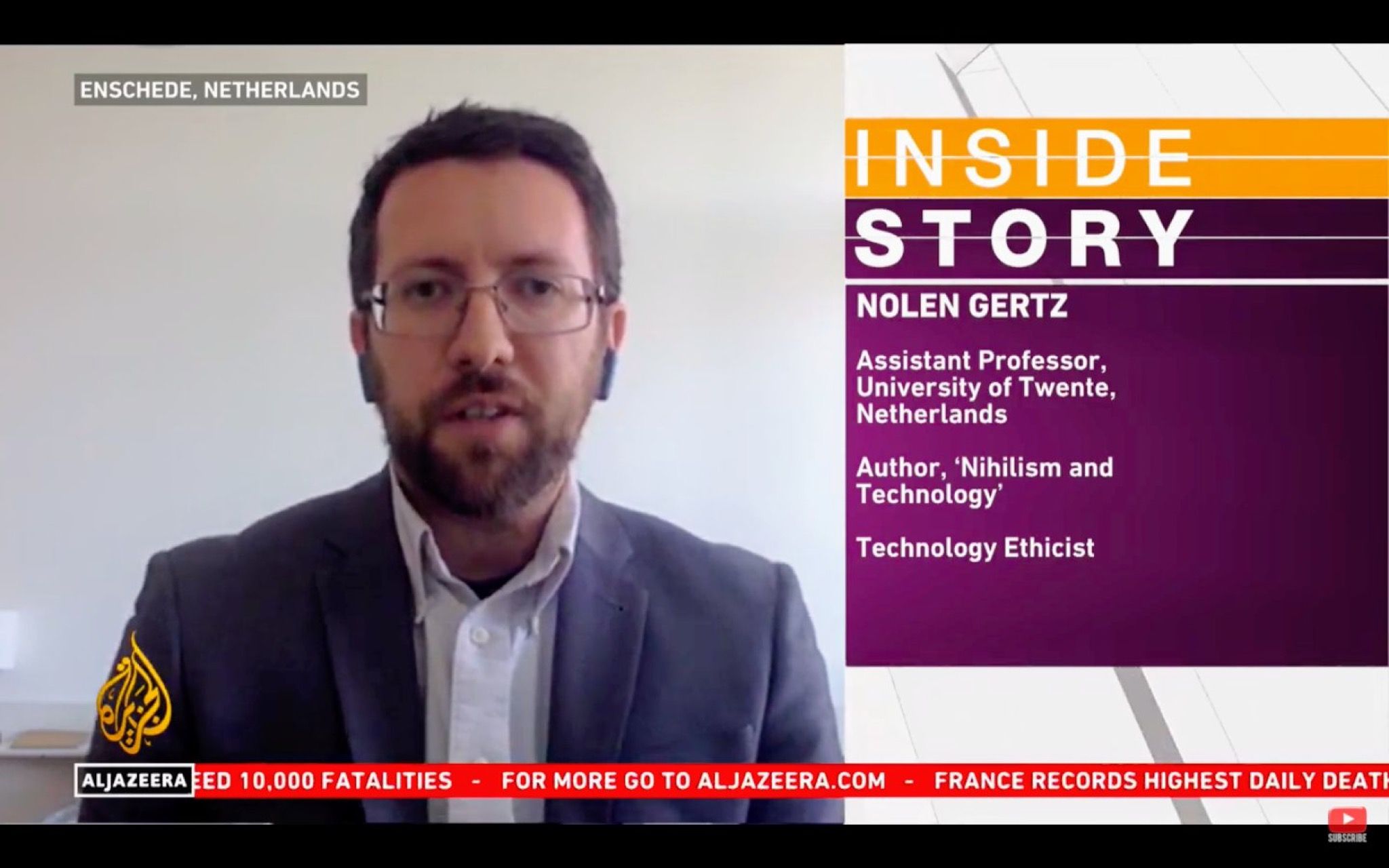
Imagine a CEO, professional athlete, or political candidate admitting they were a nihilist. I feel a person saying to a mixed crowd at a dinner party that they were a nihilist would garner about the same response as saying they were into bestiality, beheading videos, or racist jokes. Why are so many people afraid of what nihilism means, and why does the societal stigma stick to it so? Do you guess that there are likely many more nihilists out there than would ever publicly admit it?
Trump publicly admits he’s a nihilist every day. It seems to have been a pretty successful strategy for him so far.
Yes, I don’t disagree regarding his actions, but to my knowledge he’s never used the word about himself, nor frankly could he probably even spell it. I still think no leader or public figure or anyone afraid of losing money, opportunities, or clout, would use the word either. So, back to the stigma surrounding it, can you see a time when nihilism is openly proclaimed by significant people?
It’s true that Trump has never said he’s a nihilist – he just talks like one and acts like one. But his repeated assertions that Americans should try untested drugs because “What do you have to lose?” is about the same thing as saying you’re a nihilist. Given the response to the First Lady wearing a jacket that said “I REALLY DON’T CARE DO U?,” it is easy to see that people would be outraged by a public figure admitting their nihilism. But at the same time it could blow over pretty fast, as it seems to have done for Melania, simply by claiming, as many nihilists do, that it was all “just a joke” or a “misunderstanding.”
When in history would you say nihilism had its strongest impact? Why do so many more people seem to believe that life has meaning rather than the opposite viewpoint?
The strongest impact of nihilism historically had to have been in Russia in the 19th century, simply due to the fact that there were political activists who called themselves Nihilists. They sought to destroy what they saw as the oppressive and tyrannical elements of Russian tradition and that destruction was carried out primarily through political assassinations, culminating in the assassination of the Tsar in 1881. So around the same time that, in Germany, you have Nietzsche writing “whatever doesn’t kill me makes me stronger,” you have in Russia a group putting this idea into practice by applying it not only to themselves, but to society as a whole.

What are primary differences between nihilists, pessimists, and cynics?
Nihilists evade reality either by trying to destroy it or by trying to ignore it. But both pessimists and cynics confront reality. Pessimists tend to focus on the negative aspects of reality while cynics tend to focus more specifically on the negative aspects of humanity. Nihilists tend to focus on idealistic thinking and utopian daydreaming and see in optimism a reason to ignore pessimism and cynicism as unnecessarily gloomy.
As a professor, how are today’s youth engaging with nihilism compared to when you were in school? Because you have written books about it and formally discuss it as part of your job in a way so many other nihilists do not, what percent of the population would you say believes more in nihilism than they do, say, existentialism?
When I was in school, the internet was just getting started. So we spent our days watching other people play video games by looking over their shoulder instead of by watching it on YouTube. In other words, nihilism has not changed as much as the possibilities for nihilism have changed. Consequently I’m not sure existentialism really exists much today, aside from as something to nihilistically pretend to care about by watching something like The Good Place.
So would you say nihilism remains quite fringe in its adherents? I’m just trying to get a sense of how robust you feel it is with today’s youth since it’s not a new concept, but could be an appealing one when confronted with our contemporary world. And do you think it gains or loses believers from youth to older age based on your death scenario above, or, say, in a way that people generally become more conservative the older they get?
Nihilism seems to be an increasingly popular concept online, so I imagine that increasing numbers of today’s youth feel comfortable describing themselves as nihilists. The question of course is what do they think the concept means? Many would likely disagree with my definition of nihilism, and would claim it should be seen as rejecting false beliefs rather than as evading reality. The problem of course is that teenage rebellion can often result not in revolution, but in conformism. I think this helps to explain why people get more conservative as they get older, as they get more and more focused on defending positions they’ve come to identify with and so think they’re still having intellectual debates with critics when in reality they’re involved in existential self-defense.

A stereotype is that many more men than women are nihilists. Why has that been historically the case, and is it still the case today?
Nihilism can be seen as something one has to be privileged enough to enjoy, which is why in a patriarchal society it is much easier to be a nihilist if you’re a man. The Russian nihilists for example were revolutionarily destructive on behalf of the serfs because the serfs were too busy being serfs to be revolutionary themselves.
Many societies are still largely patriarchal, so in other words most nihilists are still men?
Yes. And of course, because nihilism often results in clinging to traditions, it’s not only that patriarchal societies produce nihilistic men but that nihilistic men perpetuate patriarchy in societies.
What are some key ways nihilism is different today than it has been in the past? Is there a 21st century strain of nihilism?
I think the primary difference in nihilism today is a matter of degree. The technologies of the 21st century not only simply make it so much easier to be nihilistic today, but also make it so much more normalized to be nihilistic today. Just think of the success of “Netflix and Chill.” Or the success of Trump.
What role does the constant evolution of technology play in how people respond to an idea that life is meaningless?
Technology helps us to see every problem as something to be solved technologically. Consequently, life itself comes to be seen as a problem to be solved technologically. This has given rise to movements such as transhumanism, where meaning is to be found not in life but in the dream of deathlessness.
What of nihilism makes the least sense to you?
Nihilism in general makes perfect sense to me, which is why I have spent so much time thinking about it and writing about it. But there are specific ways in which nihilism is put into practice that make little sense to me, like the popularity of watching others play video games online, which is something that even my son enjoys for some reason.
What’s a great nihilistic aphorism which could cause those who vehemently disagree with the nihilistic viewpoint to be more open-minded?
The first nihilistic aphorism that comes to mind is “Don’t worry, be happy.” It’s pretty hard to disagree with, until you start asking people what they mean by “happy.”
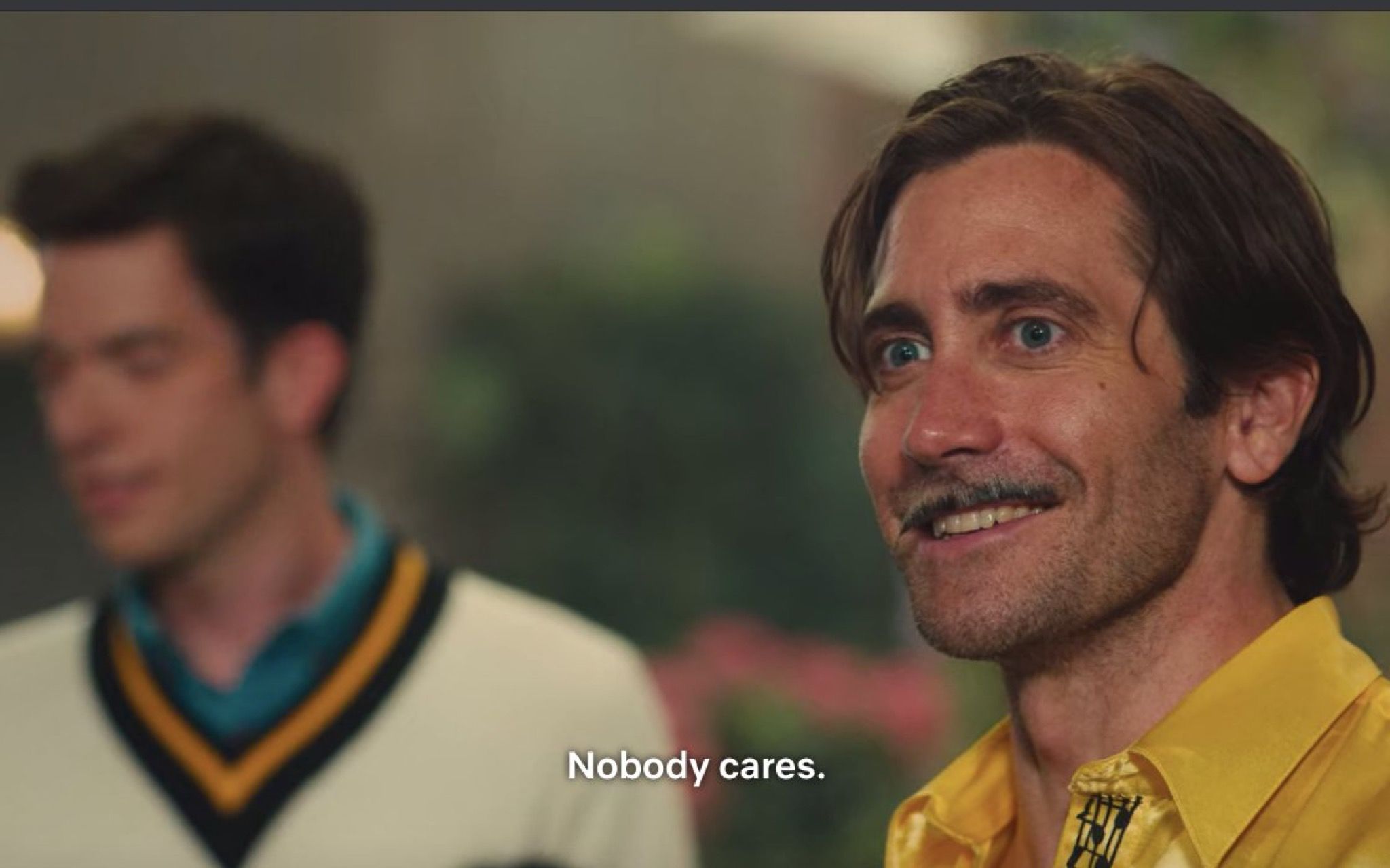
Credits
- Text: WES DEL VAL

